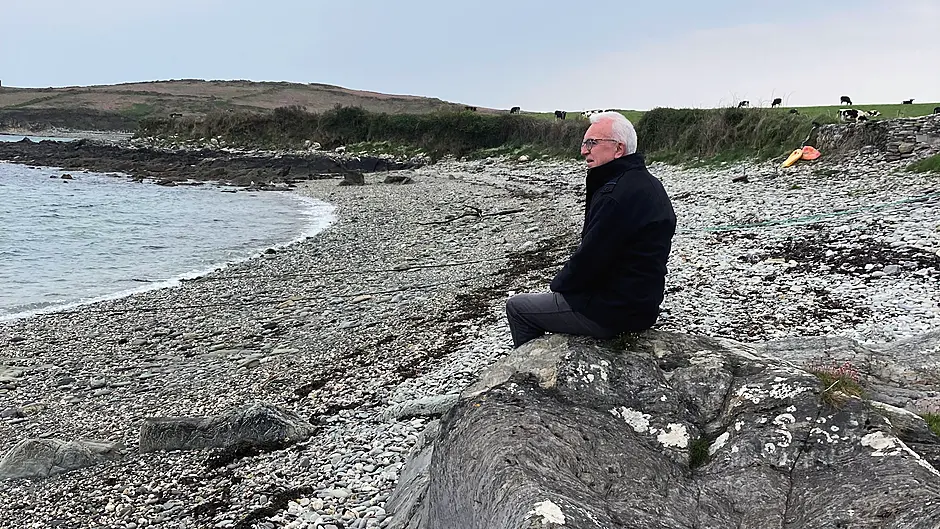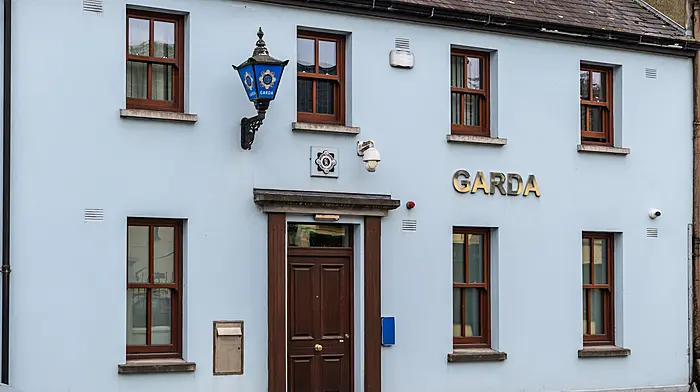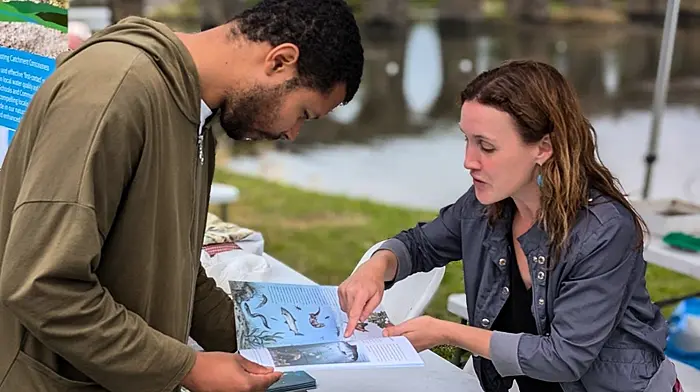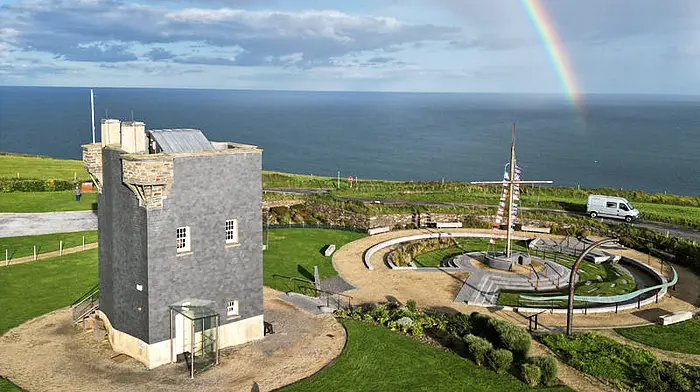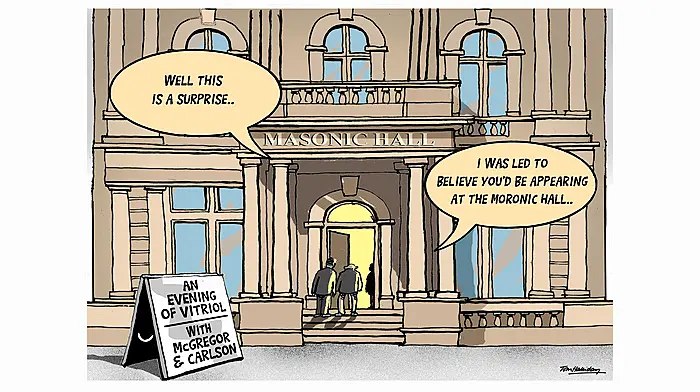Former RTÉ journalist Peadar King has recently relocated, like so many others in the past two years, to West Cork. Some of the place names take a bit of getting used to, he notes, but the local paper has given him a more immediate ‘sense of place’.
FINDING my way in West Cork brought unforeseen and unexpected challenges. Surprising, because I have been coming to West Cork for years now.
Challenges that were more linguistic than geographic, although geography played its part.
Placenames and how to pronounce them. Not that I was a stranger to the way outsiders pronounce local names.
Growing up in West Clare, when it came to pronouncing Mullagh, a village on the west coast, the ‘mull’ and the ‘agh’ were always given equal status. For those not familiar with local naming, it’s nearly always ‘Mullah’, a name more associated with the Afghan Taliban than with West Clare.
When I moved here, Myross was my first stumble. More Limerick than West Cork was how I began – until corrected.
How the emphasis on a word makes the world of difference. Baltimore, too, I was reminded. It’s a long ‘a’ at the start and even if the letter w doesn’t appear, it sounds as if it should. At least I had gotten over ‘Leap’ by the time I arrived.
‘There is nothing like a local newspaper to give you a sense of place,’ writes Susan McKay in Northern Protestants on Shifting Ground. While a local newspaper speaks of, and to, the local, it’s interest in and reach is not confined to the local.
In all the years coming to West Cork, the truth is I took very little notice of the local newspaper The Southern Star – or any other Cork-based newspaper or radio station for that matter. It wasn’t my paper and West Cork was not my place, was not my home.
But now that I have moved here permanently, West Cork is now the place I call home.
My place? Well, that probably takes a lifetime. In the meantime, The Southern Star will act as a kind of compass, a way into a place that not only I, but so many others from so many diverse backgrounds, now call home.
And perhaps it is that home antenna that alerted me to a mention of The Southern Star on a recent RTÉ radio programme. The Southern Star was one of the better regional newspapers, one contributor said.
I say this not just to ingratiate myself with the editor, although she can hardly be displeased that I do, but also because amidst the trials and tribulations and the many pronouncements of the demise of the print media, The Southern Star still stands.
Ultimately, the reason a local newspaper stands is because it speaks of, and to, a local audience. It’s a carrier of stories and what are we, if not our stories – to borrow a phrase from Enda Walsh’s The Walworth Farce.
But while all stories have beginnings and some have middles, there are no endings. And that, too, is the lifeblood of all newspapers, local newspapers included. By their very nature, stories run and run. All stories are contested stories. And it is that contestation that binds the storyteller and the listener or in the case of the newspaper, the reader. It says in the papers. Yes, but …
This year marks the centenary of the Irish State. The start of a story. But from the very beginning it, too, is a contested story. And a story without end. None more so than the role played by Michael Collins.
A story that has run and run with the added twist of ‘what if?’ This much we know.
A bullet to the head killed Michael Collins on August 22nd 1922 near Béal na Bláth. Beyond that a century of contestation that has been a mainstay of The Southern Star and countless other publications down through the years.
The death of Michael Collins is not the only seismic event that happened one hundred years ago that continues to generate a century of debate. A then little-known writer published a book. Ulysses by James Joyce, a Dublin story that has gripped the imagination of people from Mizen to Malin, all points between and far, far from these shores. A story that begets stories that begets stories.
As I put down roots in West Cork soil this spring, currently under heavy greying skies, I am reminded of another centenary.
It is 100 years since TS Eliot wrote The Waste Land, arguably the greatest poem of the 20th century in the English language.
‘April is the cruellest month,’ he wrote, ‘… breeding Lilacs out of the dead land, mixing
Memory and desire, stirring
Dull roots with spring rain.
And thanks to the editor of The Southern Star, I am now the begetter of West Cork stories. Occasional stories. Occasional stories that I would like to think just might stir memory.
Desire? Well now, that’s another thing.

